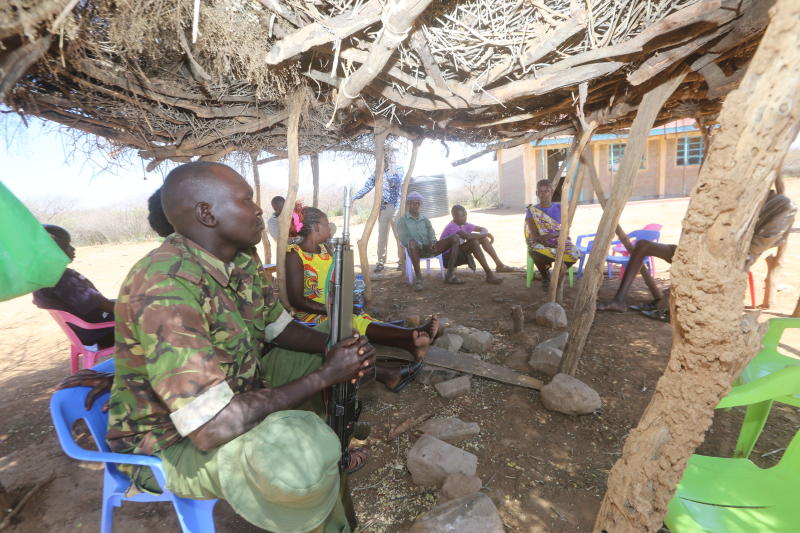×
The Standard e-Paper
Stay Informed, Even Offline

In certain parts of Kenya, not even the combined presence of the General Service Unit (GSU), the military and the increased presence of police officers can keep help the peace. In these regions, law and power reside in the fingers of he who pulls the trigger fast -- and first.
In most cases, these fingers belong to bandits who have made death in Kerio Valley normalcy rather than an exception.